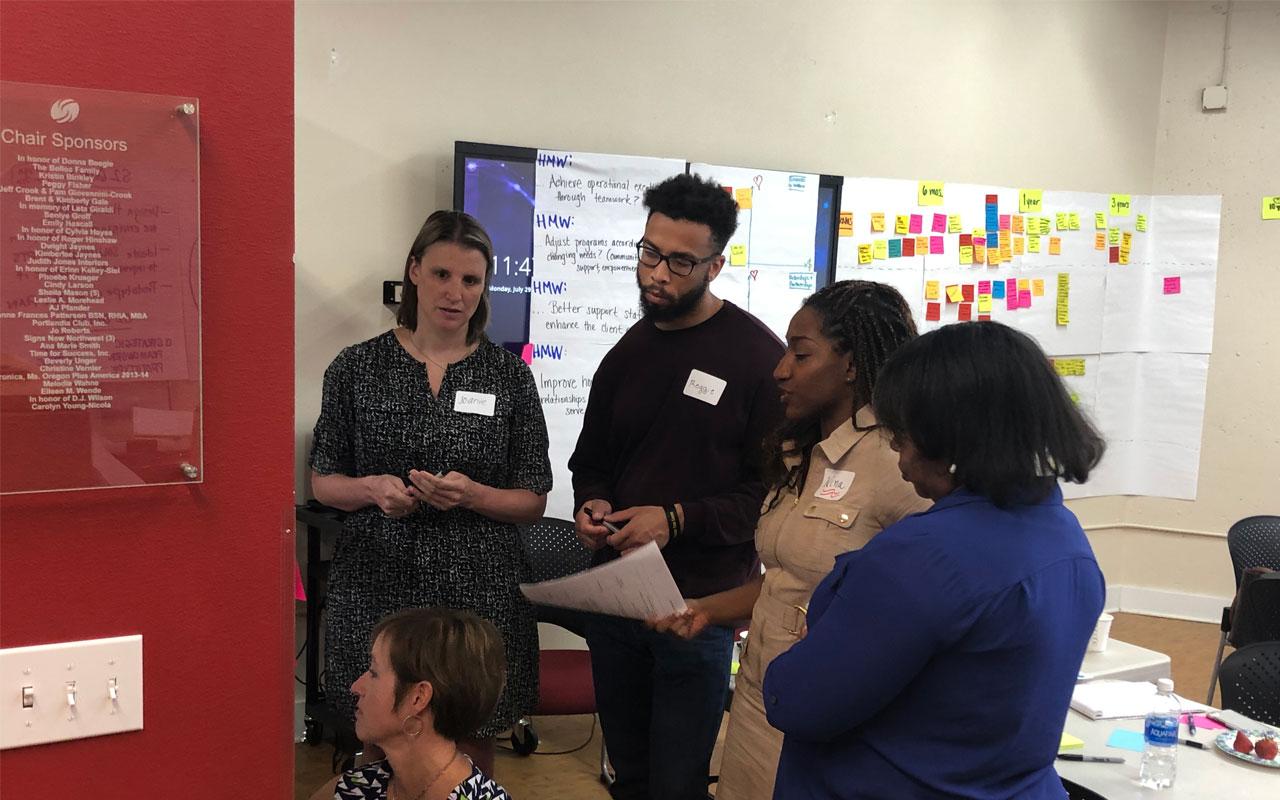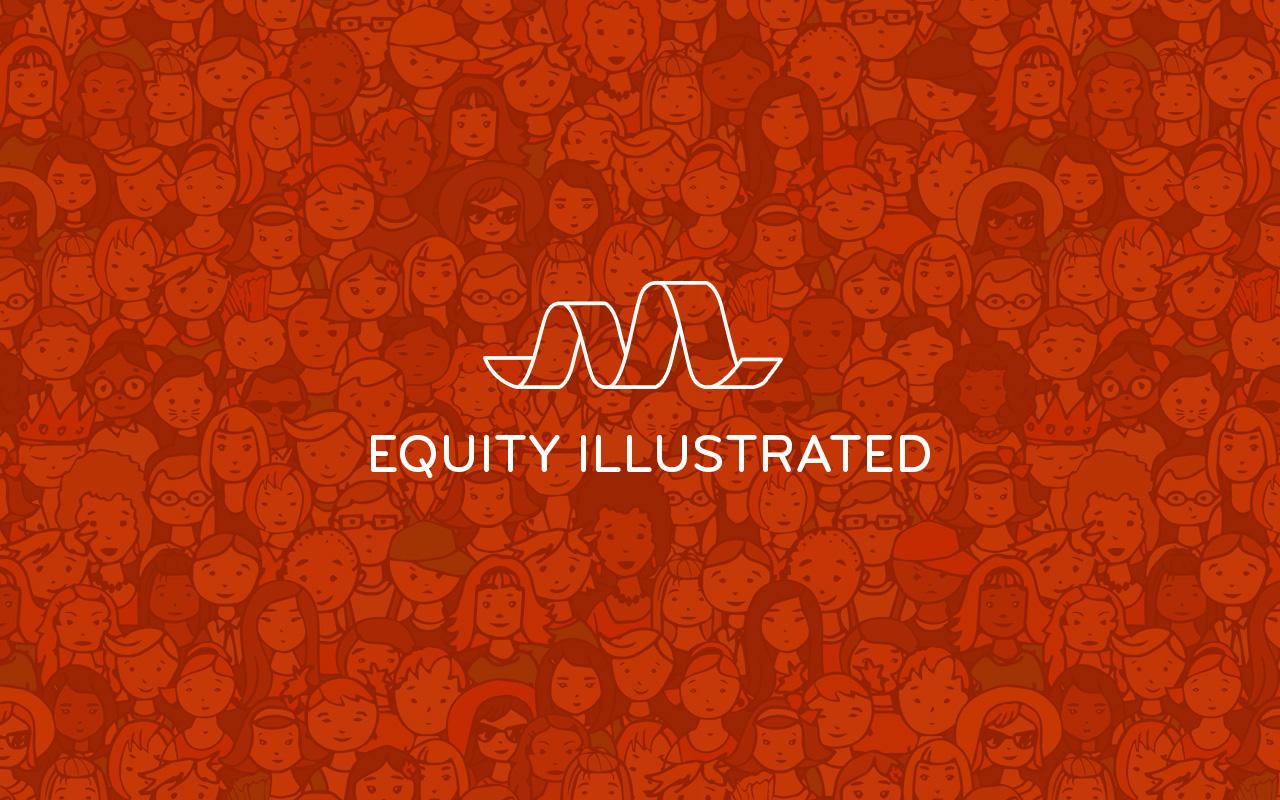DEI Capacity Building In Oregon: Successes, Challenges and Wisdom from Meyer Grantees
When Meyer Memorial Trust pivoted its vision towards “a flourishing and equitable Oregon” in 2016, it changed our funding structure and priorities. We began focusing our grantmaking on organizations that demonstrated commitments to advancing diversity, equity and inclusion — from internal capacity to programs, to policy and systems-level change. We knew that part of supporting organizations to join us in this “DEI evolution” would require additional funding to build capacity around DEI work.
We also recognized that at varying degrees, we would be working with organizations at different stages of implementing DEI strategies. So, we created a separate pool of funds that program officers could easily and quickly draw from to provide funding for technical assistance to increase the DEI capacity of our grantees. These DEI capacity building or technical assistance (TA) grants were grounded in Meyer’s belief that when organizations are more inclusive, with diverse representation and hold equitable internally policies, their work and service outcomes will improve for all populations, especially historically marginalized groups.
Grantees leveraged their TA grants to provide training for their staff members and boards of directors; to meet organizational development needs for their DEI goals, such as creating an equity vision, plan or committee; and to conduct other activities vital for DEI.
Four years after launching this funding — and over $4 million in grants distributed — we wanted to know what kind of impact these funds were having and what we could learn from grantees about the successes and challenges of moving toward deeper DEI.
Through surveys, focus groups and individual interviews with grantees, we learned much about how grantees use these kinds of funds, what successes and challenges are experienced when tackling DEI capacity work, and some promising ways to use funds. We also learned where we can improve our grantmaking practices and increase clarity. Grantees were generous and forthcoming, sharing lessons learned and advice to other organizations doing this work and to Meyer.
The findings of this assessment process are now available in our report, “DEI Capacity Building In Oregon: Successes, Challenges and Wisdom from Meyer Grantees.” Through this invaluable partnership with grantees, Meyer has identified some next steps for our DEI capacity-building grantmaking that hold us accountable to the findings in the report. Specific actions include:
- Convening a workgroup of grantees and staff to provide guidance and recommendations on operationalizing a grantmaking structure and process and impact evaluations and
- Hosting a gathering of DEI consultants, designed and led by a team of DEI consultant advisors, to discuss the findings and develop opportunities for peer learning and quality improvement.
We are excited to share this report and eager to explore the possibilities that are emerging from the assessment. We hope you find it useful and supportive to your work!
— Carol

Meyer DEI TA grantee Dress for Success Oregon.

